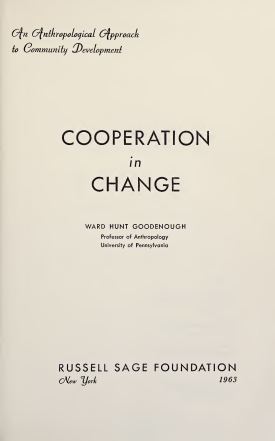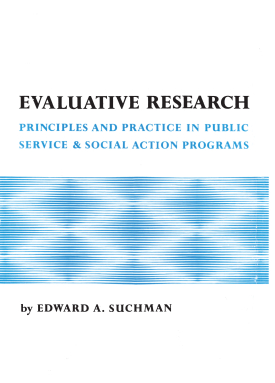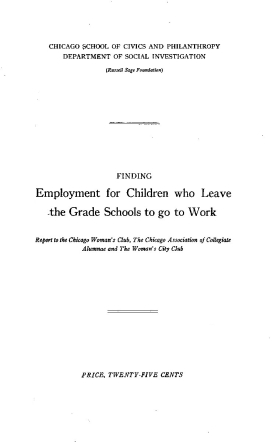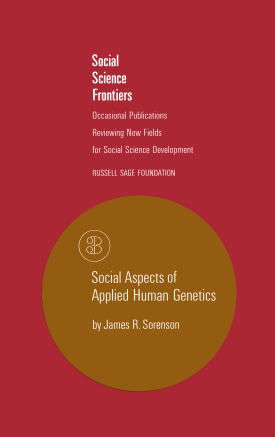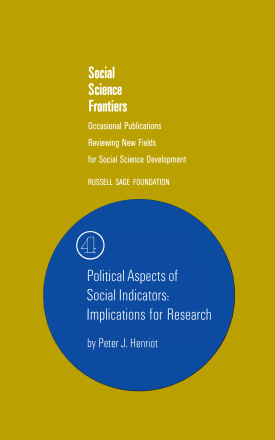PRAISE FOR THE PREVIOUS EDITIONS
“ As someone who is highly involved in conducting meta-analyses and teaching meta-analysis to students, I can say that this handbook has a chapter on every issue that arises. Each chapter is written by a major expert in the field and provides authoritative answers. The Handbook of Research Synthesis and Meta-Analysis is a must-have for anyone working on meta-analysis.”
—JANET SHIBLEY HYDE, Helen Thompson Woolley Professor, University of Wisconsin
“[A] tour de force, an indispensable reference that no meta-analyst will want to be without. It is elegantly organized, encyclopedic in breadth and coverage, and articulate in exposition of the role meta-analysis plays in advancing the cumulative nature of knowledge. [The book] is destined to become a classic . . . highly recommended and a must for any serious student or practitioner of the research enterprise.”
—FREDERIC M. WOLF, Learning Resource Center, University of Michigan
Research synthesis is the practice of systematically distilling and integrating data from many studies in order to draw more reliable conclusions about a given research issue. When the first edition of The Handbook of Research Synthesis and Meta-Analysis was published in 1994, it quickly became the definitive reference for conducting meta-analyses in both the social and behavioral sciences. In the third edition, editors Harris Cooper, Larry Hedges, and Jeff Valentine present updated versions of classic chapters and add new sections that evaluate cutting-edge developments in the field.
The Handbook of Research Synthesis and Meta-Analysis draws upon groundbreaking advances that have transformed research synthesis from a narrative craft into an important scientific process in its own right. The editors and leading scholars guide the reader through every stage of the research synthesis process—problem formulation, literature search and evaluation, statistical integration, and report preparation. The Handbook incorporates state-of-the-art techniques from all quantitative synthesis traditions and distills a vast literature to explain the most effective solutions to the problems of quantitative data integration. Among the statistical issues addressed are the synthesis of non-independent data sets, fixed and random effects methods, the performance of sensitivity analyses and model assessments, the development of machine-based abstract screening, the increased use of meta-regression and the problems of missing data. The Handbook also addresses the non-statistical aspects of research synthesis, including searching the literature and developing schemes for gathering information from study reports. Those engaged in research synthesis will find useful advice on how tables, graphs, and narration can foster communication of the results of research syntheses.
The third edition of the Handbook provides comprehensive instruction in the skills necessary to conduct research syntheses and represents the premier text on research synthesis.
HARRIS COOPER is Hugo L. Blomquist Professor of Psychology and Neuroscience at Duke University.
LARRY V. HEDGES is Professor of Statistics and Education and Social Policy at Northwestern University.
JEFFREY C. VALENTINE is Professor of Education and Human Development at the University of Louisville.
CONTRIBUTORS Ariel M. Aloe, Betsy Jane Becker, Michael Borenstein, Kathleen Coburn, Thomas D. Cook, Harris Cooper, Dean Giustini, Julie Glanville, Sean Grant, Larry V. Hedges, Julian P. T. Higgins, Spyros Konstantopoulos, Huy Le, Mark W. Lipsey, Georg E. Matt, In-Sue Oh, Robert G. Orwin, Terri D. Pigott, Frank L. Schmidt, Rebecca Turner, Jeffrey C. Valentine, Jack L. Vevea, Howard D. White, David B. Wilson, Evan Mayo-Wilson, Sandra Jo Wilson, Nicole A. M. Zelinsky
